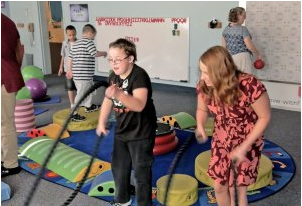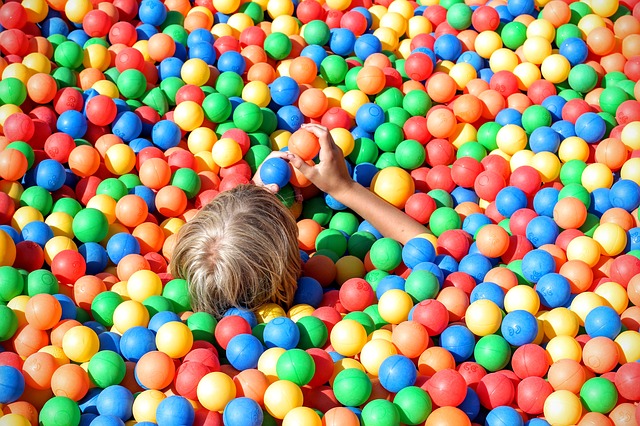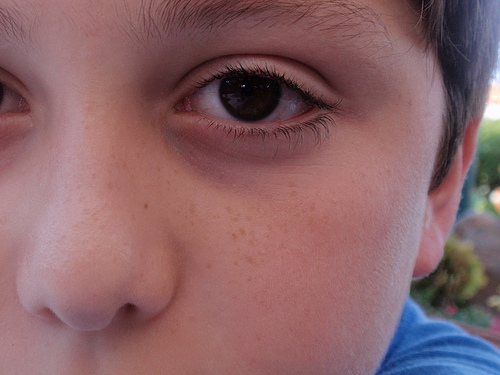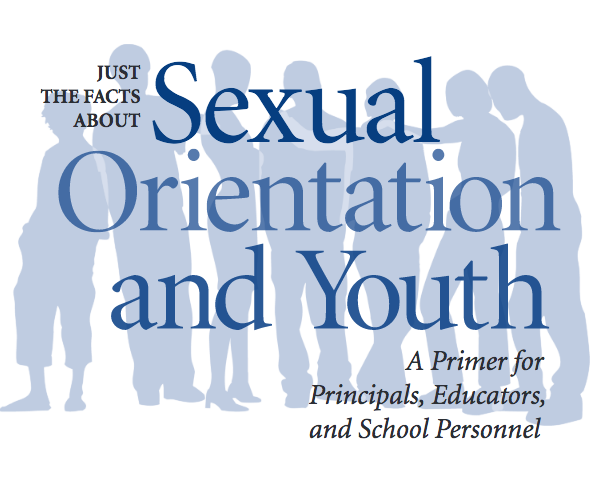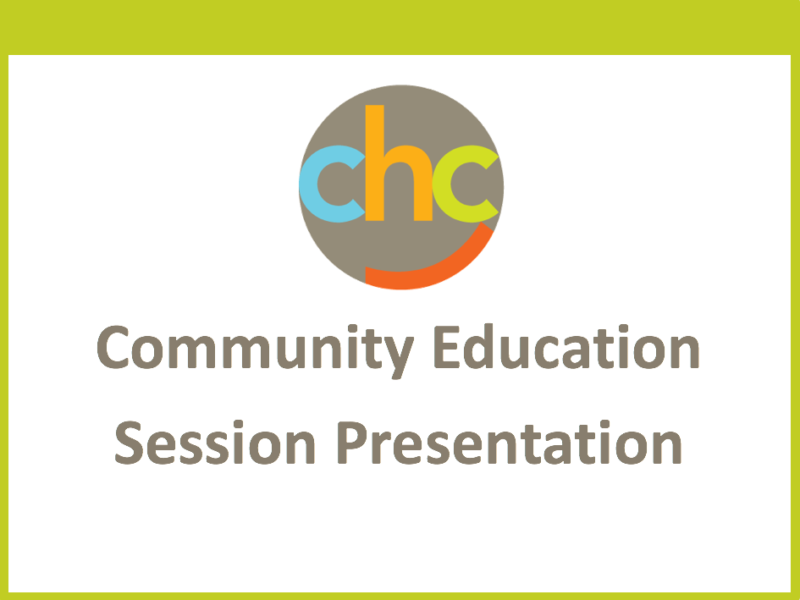
Social Emotional Resilience in Children with Dyslexia [presentation]
In this Community Educations session for educators, UCSF School of Medicine’s Dr. Fumiko Hoeft discusses: – The resilience framework of dyslexia – Cognitive resilience – Socio-emotional resilience Read more >>

